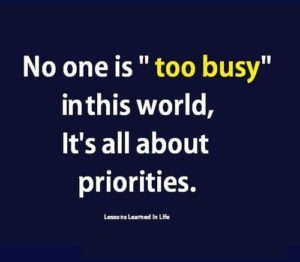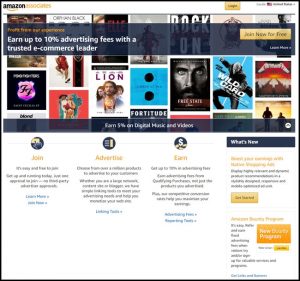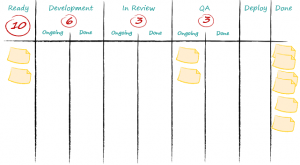If you’ve ever been even remotely active on LinkedIn, then you know the sure signs of someone whose job future is uncertain.
I see it all the time working at an agency with some of the best marketing recruiters around.
After weeks or months of relative inactivity, a flattering new profile picture is uploaded. Their work history is polished and organized, their portfolio is updated for the first time in a year. A few dozen new contacts are added out of the blue, and they start commenting on the posts of any social media recruiters they encounter.
Even though you hardly know them and can’t remember the last time you spoke, they suddenly want to be your best friend—and will of course casually (or not so subtly) ask whether you have any leads on new gigs.
These are the classic telltale signs that someone has recently lost their job, knows they’re about to be laid off, or is urgently looking for something–anything better than what they’re doing now.
Don’t Neglect Your Network
This is an extremely common scenario–even among extremely smart, experienced, socially intelligent individuals.
Former contacts that haven’t spoken to us in months come out of the woodwork inquiring about work opportunities and contacts for a variety reason.
I’m usually more than happy to help. After all, it’s not only my job but my passion to help talented, hard-working marketers find better jobs and improve their lives.
But jutting yourself into a person’s life out of the blue is just not a great way to approach someone, especially if you need a favor.
You’ll get a lot more enthusiasm and effort out of your acquaintances, the best marketing recruiters, and the rest of your network in the future if you make the effort to keep in touch even when you don’t immediately need them.
When you start looking for new work, it always pays to have a robust and active network of individuals and organizations to fall back on. It will help you land on your feet if you’re facing a layoff, or keep a consistent stream of opportunities available if you decide it’s time to move on from your current post. After all, the smartest and most successful marketing professionals are always open to hearing about new jobs.
So don’t let networking by the wayside, even when you don’t have a lot of immediate need for it.
Are You Really Too Busy for Your Future?
Ironically, the professionals we often find guiltiest of network negligence aren’t the career slackers, but high-performing, highly motivated marketers.
 These are the people who devote themselves to their jobs—so much so that they’re often “too busy” to keep up with lots of friends and professional contacts. After all, who has time for casual coffee dates and browsing social media when there’s so much work to do?
These are the people who devote themselves to their jobs—so much so that they’re often “too busy” to keep up with lots of friends and professional contacts. After all, who has time for casual coffee dates and browsing social media when there’s so much work to do?
Then add family responsibilities, a hobby or two, and at least a little effort to get a bit of rest and relaxation… it’s easy to understand how networking can drop to the bottom of the priorities list.
But getting too focused on the immediate work and responsibilities in front of you means you might miss incredible opportunities in the future, both for your career and your business success.
More Than Just Adding Twitter Followers
Networking offers a lot of advantages to marketing professionals, even if you’re happy with your career situation and have good job security.
Personal benefits:
- Exposure to job opportunities with potentially better pay and benefits
- Greater appeal to potential employers (businesses like to hire well-connected people)
- New friendships and partnerships
- Communication and relationship skill development
Enhancing your value as an employee:
- Meet others talented marketers that your company could add to the team when it needs to hire
- More client contacts and business opportunities
- Stay up to date on industry trends and news
Give a Little, Get a Lot

Many professionals are intimidated by the prospect of professional networking. They fear it’ll take too much time and effort and strain their busy schedules.
We’ve all met a “Networking Addict;” someone obsessed with spinning their web of connections as broadly as possible. Some people aren’t satisfied unless their schedules are packed with luncheons and coffee dates, and they’re connected to every single person on LinkedIn.
There’s nothing inherently wrong with that approach. But it’s not necessary to get a lot of value from your network. Even just a couple of hours a month can be all you need to reach out to a few new contacts and reengage former acquaintances.
This could be as simple as texting congratulations to a former peer on a new job, grabbing a cup of coffee with some old classmates, or sending some job listings at your company to a friend of a family member that just got laid off. Throw in the occasional industry conference or offer a little time volunteering your expertise to someone in need, and you’ve usually done all you need to stay in your network’s good graces.
Digital & Social Articles on Business 2 Community(39)
Report Post




